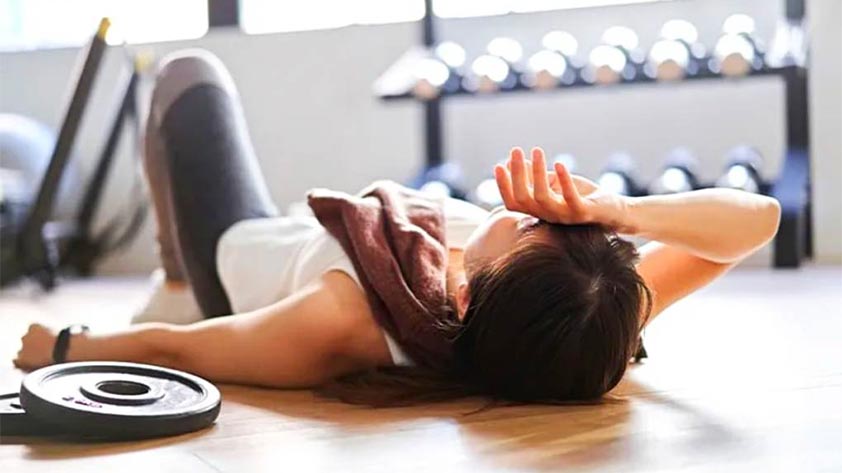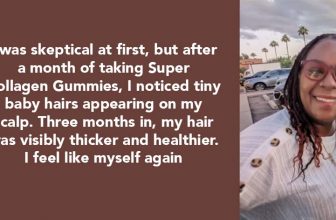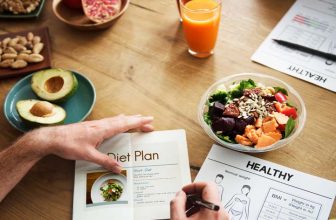
Reducing inflammation after exercise is crucial for recovery and maintaining overall health. Inflammation is the body’s natural response to the stress and micro-damage exercise can inflict on muscles and tissues. However, excessive or prolonged inflammation can hinder your recovery, lead to chronic pain, and increase the risk of injury.
Here is a comprehensive guide to minimizing post-exercise inflammation through various strategies including nutrition, lifestyle adjustments, and recovery techniques.
1. Nutrition: The Anti-Inflammatory Diet
Hydration: Staying hydrated is essential for reducing inflammation. Water helps flush out toxins and makes sure that the body’s metabolic processes function efficiently. Aim for at least 8-10 glasses of water a day, and increase intake during and after workouts.
Omega-3 Fatty Acids: Foods that have lots of omega-3 fatty acids in them, like salmon, flaxseeds, and walnuts, have powerful anti-inflammatory properties. Incorporating these into your diet can help mitigate inflammation.
Antioxidant-Rich Foods: Berries, leafy greens, nuts, and seeds are high in antioxidants, which fight against oxidative stress and inflammation. Blueberries, spinach, and almonds are excellent choices.
Spices and Herbs: Turmeric and ginger are renowned for their anti-inflammatory effects. Adding these to meals can provide a natural way to reduce inflammation. Turmeric, in particular, contains curcumin, a compound with potent anti-inflammatory properties.
Avoiding Pro-Inflammatory Foods: Reduce your intake of processed foods, sugars, and trans fats, which can make inflammation worse. Focus on whole, unprocessed foods to support overall health and recovery.
2. Lifestyle Adjustments
Adequate Sleep: Good sleep is crucial for recovery and inflammation reduction. Try to get 7-9 hours of sleep per night to let your body repair and regenerate.
Stress Management: Long-term stress can lead to increased inflammation. Adding in stress-reduction techniques like meditation, yoga, or deep-breathing exercises can help keep inflammation in check.
Regular Low-Impact Activities: Engaging in low-impact activities such as walking, swimming, or cycling can promote circulation and reduce stiffness without adding significant stress to the body.
3. Recovery Techniques
Stretching and Foam Rolling: Post-exercise stretching and foam rolling can help you to alleviate muscle tightness and improve blood flow, reducing inflammation. Focus on big muscle groups and areas prone to tension.
Cold Therapy: Applying ice packs or taking cold showers can help reduce inflammation by constricting blood vessels and reducing swelling. Cryotherapy, which involves exposure to extremely cold temperatures for short periods, is also popular among athletes.
Compression Garments: Wearing compression garments like muscle support sleeves from Bearhug can enhance circulation and reduce muscle soreness and swelling. These garments help in the removal of metabolic waste products and reduce muscle oscillation, which can contribute to inflammation.
Massage: Regular massage therapy can improve blood flow, reduce muscle tension, and promote relaxation. This can help alleviate inflammation and support recovery.
Rest and Active Recovery
Add rest days into your exercise routine to allow your body sufficient time to heal. On rest days, consider engaging in light activities like walking or yoga to maintain mobility without putting undue stress on your body.
Inflammation is a natural part of the body’s response to exercise, but managing it effectively is key to optimizing recovery and preventing injury.
A balanced approach that includes proper nutrition, adequate hydration, stress management, sufficient sleep, and effective recovery techniques can help keep inflammation in check.
By integrating these strategies into your daily routine, you can enhance your post-exercise recovery, maintain overall health, and continue to perform at your best.









